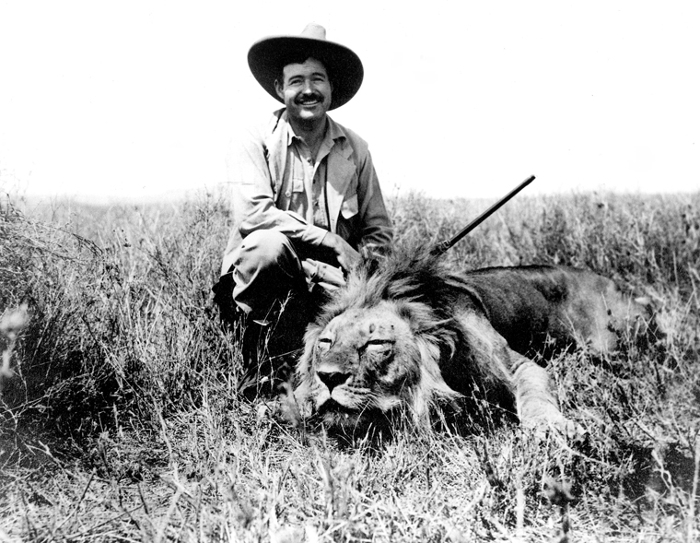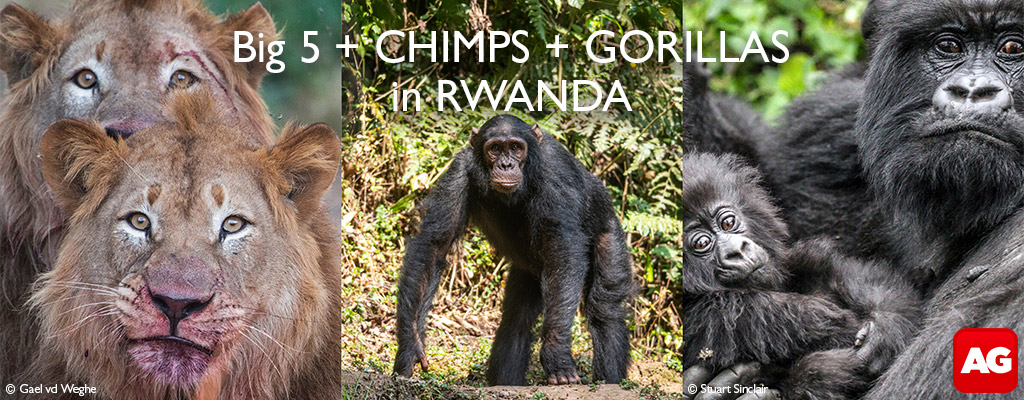The pressure on the trophy hunting industry to take increased responsibility for its impact on endangered and threatened species is growing, with the US now assessing the impact of their trophy hunting activities on African wildlife. The Democratic Staff of the House Committee on Natural Resources has published 25-page report discussing the failure of trophy hunting in conserving species in many areas of Africa.
The report discusses successful and failing programmes in-depth, but for those who don’t wish to read the entire document, here are the key findings. Of course, any summary will neglect the details, so the best option is to download and study the full report. Any omission is in the interests of expediency, and any perceived bias is unintended.

Introduction
The report acknowledges that although the U.S. Fish and Wildlife Service’s (FWS) official stance is that the trophy hunting industry “can and has provided significant long-term benefits to the populations of many species,” in many instances this has not been the case.
The report then goes on to examine under what conditions trophy hunting may contribute to conservation, highlighting that “in places like the United States, where laws against wildlife poaching are generally well respected and enforced and transparent mechanisms funnel taxes and fees generated by hunters to effective conservation programs, hunting has helped restore populations of some prized game species” however in parts of Africa trophy hunting has not helped species.
The report examines the effects of trophy hunting on five major threatened or endangered game species (the African elephant, African lion, black rhinoceros, southern white rhinoceros, and leopard) in four African countries (Namibia, South Africa, Tanzania and Zimbabwe), noting that the laws, institutions, and capacity necessary to make trophy hunting benefit conservation are often lacking.
It notes that the FWS is responsible for significantly improving its permitting process to ensure that trophy hunting doesn’t destroy existing populations of these species.
Important findings of the report
1. Scientists believe Earth is now on the cusp of a sixth great extinction – the first one driven by humans. A major driver of this extinction event is poaching and trophy hunting and although poaching is a major driver, trophy hunting does remove significant numbers of animals and appears to be the primary driver of certain animal (such as lion) declines.
2. While some species can support a level of hunting, this report focuses on Threatened or Endangered animals, where there is little margin for error in managing these species.
3. American hunters of these species have the financial means to ensure that they act responsibly and not promote practices that are detrimental to wildlife. This is of great importance as the US is the world’s largest importer of wildlife trophies.
4. It is clear from this report and others that these hunters do not always act ethically or in a way that promotes wildlife conservation – as demonstrated by the killing of Cecil the Lion. In addition, there is no evidence that trophy hunting lessens the rate of poaching, despite claims to the contrary.
5. A strong legal framework that promotes conservation in the source countries is required to prevent these types of practices. In addition, hunting outfitters need to demonstrate conservation benefits. Obviously where corruption levels are high, trophy hunting ‘benefits’ are negligible or nil.
6. The findings of this report were that, in many instances, funds that should have been used for conservation were diverted from their purpose and instances of non-sporting hunting methods are increasing. In addition, some species are being hunted at a rate that out-paces reproduction, making the justification of trophy hunting very difficult.
7. The report notes that not all trophy hunting operations failed, with Namibia’s conservancy model working well to conserve wildlife and enhance local welfare.
8. On the importer side, the FWS has only required one import permit from 2010-2014, even though 2,700 permit-eligible trophies were imported during that time. Failing to do so meant that the FWS did not collect data, which is vital as many individuals or organisations are known to violate wildlife laws repeatedly.
9. Instead, the FWS often uses data from external organisations, including Safari Club International (SCI) – the biggest advocacy organisation for trophy hunting. At times, the FWS may not disclose the sources of data aside from authors without naming affiliation(s). Recent external evaluations of SCI ‘surveys’ found no scientific merit in any of them.
10. The report states the FWS is not using its position to ensure American trophy hunters are not making bad situations worse for African wildlife species.
Conclusions and recommendations
The benefits of trophy hunting cannot be assumed. There can be benefits, but only under specific conditions where corruption levels are low, legal frameworks are strong, and there is transparency regarding conservation funding practices.
American organisations need to do more to ensure that trophy hunting does not decimate struggling wildlife populations. Data collection from impartial and scientifically sound studies and the enforcement of permits is one way the FWS could assist African countries to conserve their wildlife.
In addition, the FWS should not allow imports without verifying that these imports enhance species conservation. Loopholes must be closed, and import permitting requirements must be tightened.
Finally, the report recommends that the trophy fees should be increased to fund scientific research and conservation and that trophies should only be imported from fair chase methods.
ALSO READ: Is lion hunting sustainable?
To comment on this story: Login (or sign up) to our app here - it's a troll-free safe place 🙂.![]()








